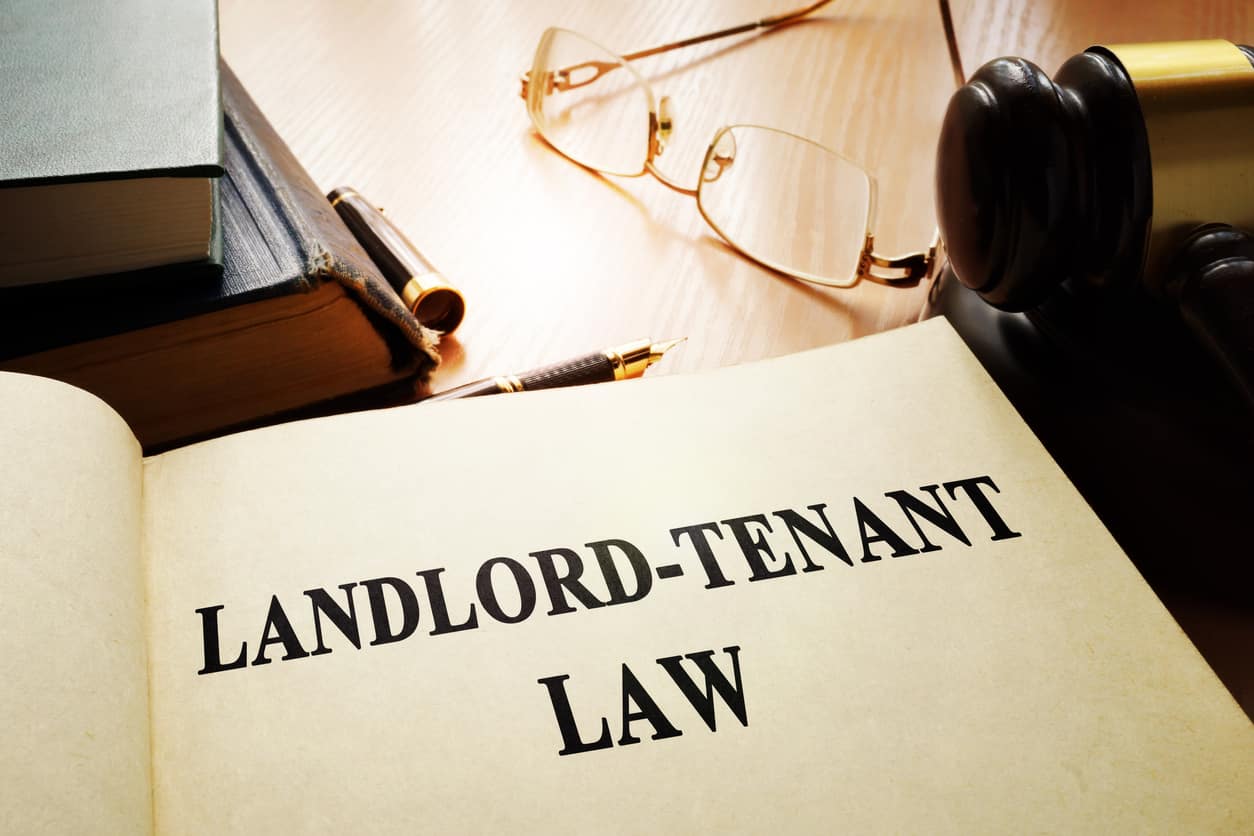Renting a property should be a mutually beneficial agreement between two respectful parties. Often, though, one party acts in a way that complicates this. A violation of the terms of the lease or simply personal discord might motivate an escalating conflict. In some cases, these conflicts develop to the point that one party initiates legal action and sues the other.
Tenants may sue landlords for a variety of different reasons, but the following are some of the most common. If you have been the target of a suit involving one of these or any other legal issue, consulting with a legal representative can help you combat the allegations you are facing.
Wrongful eviction
Landlords are certainly within their rights to evict tenants, but the process must be done according to the standards indicated by law. The landlord must always give sufficient notice, and if there is a reason for the eviction — for example, a purported violation of the lease — evidence of this should exist. These criteria are often not met, however. This results in wrongful eviction claims, which according to CNN, exceed 2,000 annually in one city alone.
Fair housing discrimination
The Fair Housing Act of 1968 protects home buyers and renters from discriminatory practices. Sellers and landlords cannot deny housing to potential dwellers on the basis of race, religion, sex, color, national origin, handicap or color. The act also prohibits indication of preference in any of the aforementioned qualifiers when advertising housing.
Breach of habitability
Landlords have many responsibilities, and it is not always easy to tend to tenants’ complaints right away. It is important to respond efficiently and effectively, though, because simple problems can turn into claims of breached habitability. This refers to circumstances in which the property is not fit to live in, and it can be alleged on a number of different bases.



